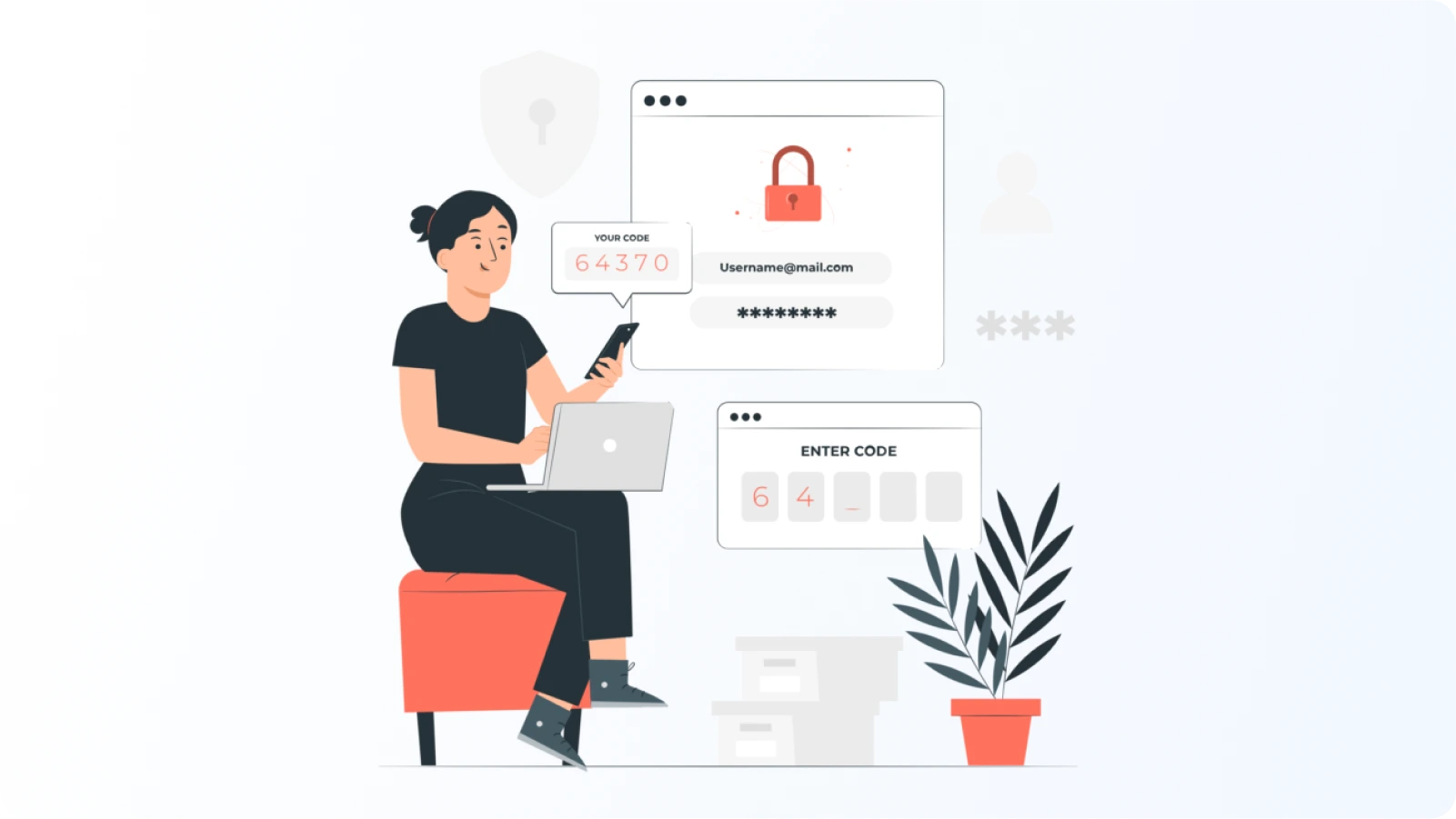One of the things that is making online crypto gambling popular in the gaming community is the thrill of being able to flip high-stakes coins while being anonymous, and never having to wait days just to cash out. Behind the glitz, however, crypto scams and thefts keep threatening blockchain activities. If you’re wagering with Bitcoin via Chrome, Safari, Brave, or Firefox, you’re not just playing the tables; you’re also gambling with your data, too. You will need to be smart and protective to stay ahead of cybercriminals.
Always Vet Your Casino
Just because a platform looks legit doesn’t mean it is. Flashy design, live chat, and “provably fair” banners can all be faked. Before you even think of depositing, dig deeper. Check for a valid gambling license (Malta, Curaçao, or Isle of Man are common, though even these aren’t foolproof). Google them. Look past paid reviews and into Reddit threads or forums. Confirm if they’ve had any breaches, delayed payouts, or disappearing acts.
Many experienced players rely on trusted community recommendations and curated lists of the best crypto gambling sites to help them compare features, payout speed, and the reputation of platforms. These lists are not the final word, but they can be a good starting point, especially when trying out a new casino for the first time.
Lock Down Your Browser First
Gambling without securing your browser is like leaving your front door open with a stack of cash inside. Before logging into any casino site, disable autofill and password saving. Surf with privacy-oriented web browsers such as Chrome, Safari, Brave, or Firefox that have strict settings. Install anti-track and ad blocker extensions that are checked by a third party. Use container tabs or clear cookies on a regular basis to prevent cross-contamination of data.
Also, avoid Chrome profiles linked to your real identity. No point in being anonymous while signed into Gmail. Enable essential privacy settings for your device at all times.
Two-Factor Everything and Use a VPN
Yes, it’s tiring, but it’s also essential. Any wallet you use, whether it’s browser-integrated or not, should have two-factor authentication (2FA) turned on. And not the SMS kind. Use an application like Duo Mobile or Google Authenticator. To have an even more secure connection, consider a hardware key like YubiKey. This is becoming the new standard across various platforms. In fact, 95% of crypto casinos now use multi-factor authentication to help safeguard user accounts.
Also, nearly 50% of people admit to having joined public Wi-Fi networks without checking if they were safe. This goes to show how casual users are with basic digital hygiene. A VPN helps in hiding your IP address, but doesn’t exactly make you bulletproof. It can be used to avoid geo-blocking (certain casinos block the U.S.), IP tracking and profiling, and even as an extra privacy wall on dodgy open Wi-Fi. Still, only a high-quality VPN is worth using. Stick to no-log providers with a solid reputation like ProtonVPN, NordVPN, or ExpressVPN.
Don’t Fall for Fake Support or Influencer Shills
Scams thrive on fake support reps, Twitter bots, and shady influencer posts. Always go to the site directly; do not follow links on social media or group chats. If you have to contact support, use verified channels. As for influencers flashing payout screenshots and telling you it’s easy money, they’re probably making more off referrals than bets. Be wary.
Beware of the Browser Fingerprint
You might think you’re anonymous, but your browser’s unique fingerprint says otherwise. Screen resolution, plugins, fonts: all of it can identify you. Use tools like PrivacyTests.org to evaluate your browser’s fingerprinting resistance. Privacy extensions help, but nothing is foolproof. Consider browser profiles or even a dedicated burner browser for gambling.
Mind the Wallet You Use
Hot wallets connected to your browser (like MetaMask or browser plug-ins) can be convenient, but they’re also high-risk. Bitcoin alone accounts for 73.3% of crypto activities, making it a prime target for cybercriminals. Use a separate wallet that isn’t tied to your browser. Ideally, use a hardware wallet for storing the bulk of your funds. Store seed phrases offline, never on your drive or cloud, then transfer only what you plan to gamble with.
Always double-check the receiving address, especially if you copy-paste, as it could be auto-replaced by malware that reroutes funds to an attacker. And never forget to back up your seed phrase. Write it down. Store it offline. No screenshots, no Google Drive. One spill, hack, or accidental wipe and your funds disappear forever. Open-source wallets (like Electrum) give you more control and visibility over your transactions.
Don’t Trust Incognito Mode
Incognito doesn’t make you invisible. It simply deletes your browsing history and cookies after the session. Your ISP, your VPN provider, the casino site, and anyone with browser-level access can still see plenty. Use incognito mode in addition to privacy extensions and VPN, not as a substitute.
System Hygiene Matters
Your browser is just one layer. If your device is riddled with malware, everything else is pointless. Use a good antivirus to perform routine scans. Stay away from shady downloads, particularly anything that claims to give you casino cheats or betting routines. To minimize the harm in case of a corruption or a hack, consider having a specific user profile for gambling, and not related to the rest of your profile.



